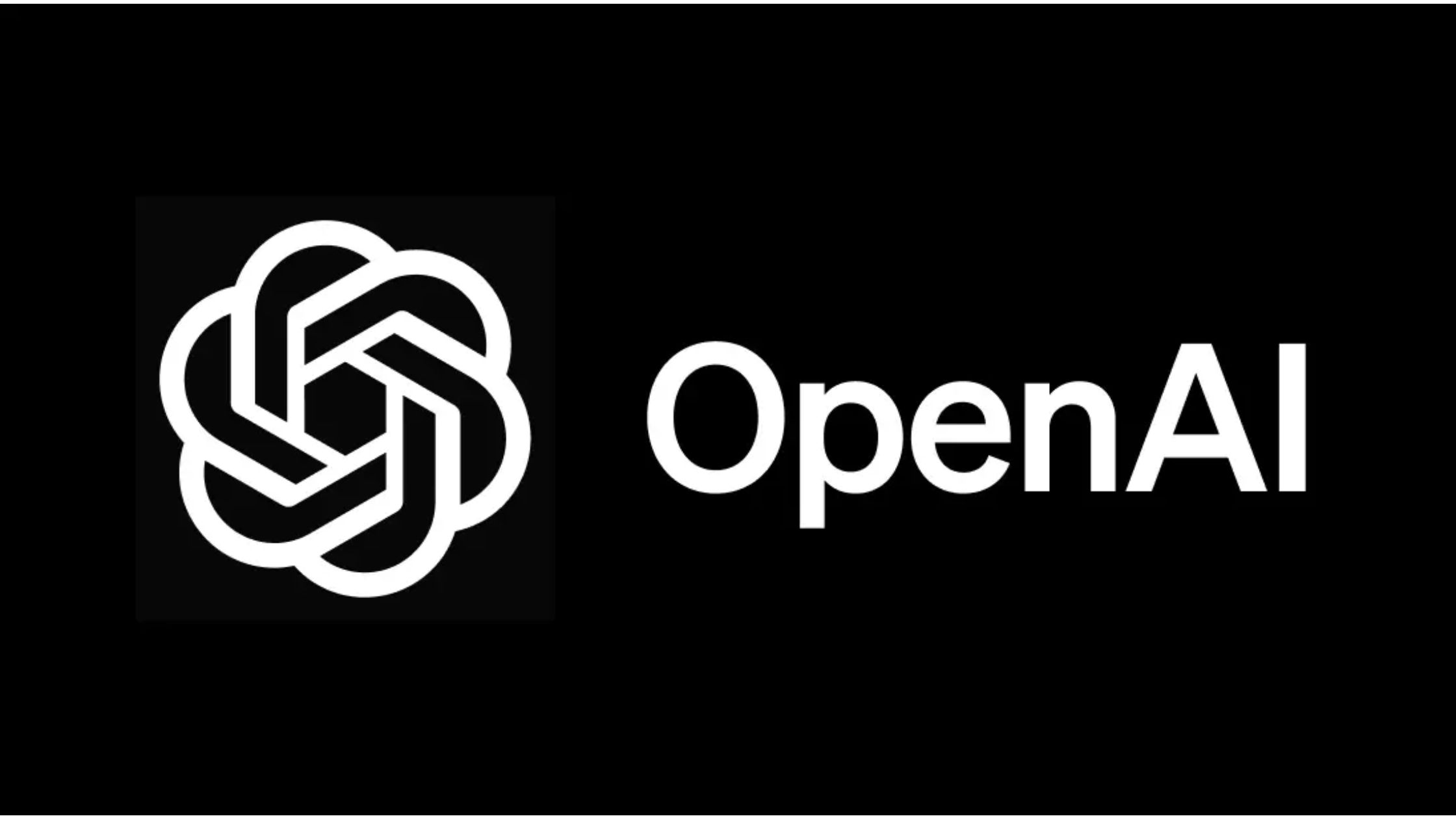Introduction
In today's fast-paced, data-driven world, the ability to innovate and stay ahead of the competition is a critical factor for businesses of all sizes. With advancements in artificial intelligence (AI), companies are finding new ways to harness the power of AI models to foster innovation, drive efficiency, and create unique products and services. OpenAI, a leader in the AI field, has been instrumental in providing businesses with the tools and technology to unlock this potential. In this blog, we will explore how businesses use OpenAI's AI models to fuel their innovation engines.
Understanding OpenAI
OpenAI is an organization dedicated to developing advanced AI models and technologies. One of its most notable achievements is the creation of the GPT-3 (Generative Pre-trained Transformer 3) model, which serves as the foundation for a wide range of AI applications. GPT-3 is a state-of-the-art language model capable of understanding and generating human-like text. This model, and others like it, has immense potential to transform how businesses operate.
Harnessing OpenAI's AI Models for Business Innovation
1. Content Generation and Marketing
Content creation is a time-consuming task for many businesses. OpenAI's AI models can assist in generating high-quality content quickly, such as blog posts, social media updates, and marketing materials. By automating these processes, companies can free up their creative teams to focus on more strategic, high-level tasks, ultimately fostering innovation in their marketing strategies.
2. Customer Support and Chatbots
AI-driven chatbots and virtual assistants powered by OpenAI's models are increasingly being used for customer support. These systems can provide immediate responses to customer inquiries, solve common problems, and improve user experiences. This allows companies to allocate resources more efficiently and explore innovative ways to enhance customer interactions.
3. Personalization and Recommendation Engines
E-commerce and content platforms are using AI models to analyze user behavior and preferences, enabling them to deliver personalized recommendations and content. By tailoring the customer experience, businesses can drive engagement and encourage users to explore new products and services, ultimately fostering innovation in revenue generation.
4. Natural Language Processing (NLP) Applications
NLP technology, based on models like GPT-3, is making it easier for businesses to extract insights from unstructured text data. This can be applied in areas such as sentiment analysis, content summarization, and information retrieval, helping companies make data-driven decisions and innovate their offerings.
5. Research and Development
AI models can assist researchers and innovators in various industries by helping to generate hypotheses, analyze data, and identify potential areas for innovation. OpenAI's models can process vast amounts of information and provide valuable insights that can lead to groundbreaking discoveries.
6. Challenges and Ethical Considerations
While the potential benefits of using OpenAI's AI models for business innovation are clear, there are important considerations, including ethical concerns, data privacy, and responsible AI usage. Companies need to ensure that their AI applications are aligned with ethical guidelines and do not perpetuate bias or discrimination.
Automating Customer Service with GPT-powered Chatbots
In the era of instant gratification and round-the-clock connectivity, customers expect swift and efficient responses to their inquiries. For businesses, this presents both a challenge and an opportunity. Meeting these expectations while managing costs and resources can be achieved through the use of GPT-powered chatbots. In this blog, we'll explore how automating customer service with GPT-powered chatbots is transforming the customer experience and benefiting businesses.
The Rise of GPT-Powered Chatbots
Chatbots have been a part of customer service for years, but recent advancements in AI and natural language processing, particularly models like GPT-3 (Generative Pre-trained Transformer 3), have taken them to a whole new level. These chatbots can understand and generate human-like text, allowing for more effective and natural interactions with customers.
Enhancing Content Creation with AI
In the digital age, content is king. Whether it's blog posts, marketing materials, social media updates, or other forms of written content, businesses and creators are constantly challenged to produce high-quality material at scale. This is where AI (Artificial Intelligence) comes to the rescue, revolutionizing content creation by enhancing efficiency, improving quality, and reducing the burden on human creators. In this blog, we'll explore how AI is transforming content creation and the ways it can be harnessed for better results.
Boosting Product Development through AI-Powered Design
In today's fast-paced and highly competitive business landscape, product development is a critical driver of success. To stay ahead, companies are turning to the power of artificial intelligence (AI) to enhance their design processes. AI-powered design tools offer the potential to streamline innovation, improve efficiency, and create more customer-centric products. In this blog, we will explore how AI is boosting product development through innovative design solutions.
Empowering Decision-Making with AI-Enhanced Analytics
In today's data-driven business landscape, the ability to make informed decisions quickly is a key factor in achieving success. To meet this need, companies are turning to artificial intelligence (AI)-enhanced analytics, which offers powerful tools for extracting insights from vast data. In this blog, we'll explore how AI-enhanced analytics are empowering decision-makers across various industries to gain a competitive edge and make more strategic, data-driven choices.
Streamlining Business Processes through AI-Driven Automation
In the digital age, businesses are under constant pressure to be more efficient, cost-effective, and responsive to customer needs. To meet these challenges, companies are turning to artificial intelligence (AI)-driven automation, which is revolutionizing the way organizations operate. In this blog, we'll explore how AI-driven automation is streamlining business processes across various industries, driving productivity, and transforming the way work is done.
Conclusion
OpenAI's AI models have opened up a world of possibilities for businesses looking to foster innovation. By automating routine tasks, improving customer interactions, and enhancing decision-making processes, companies can leverage these models to stay competitive and deliver unique products and services. However, responsible and ethical AI usage remains crucial in harnessing the power of AI models for the betterment of businesses and society as a whole. As AI technology continues to evolve, it is clear that the partnership between businesses and organizations like OpenAI will play a pivotal role in shaping the future of innovation.
Contact us today to embark on a journey of artistic exploration and discover how we can build AI-powered creative applications that captivate audiences, ignite the imagination, and unleash the full potential of human-AI collaborations. Together, let's shape a world where creativity knows no bounds, powered by the artistry of AI and the magic of Streamlit.




Comments (0)